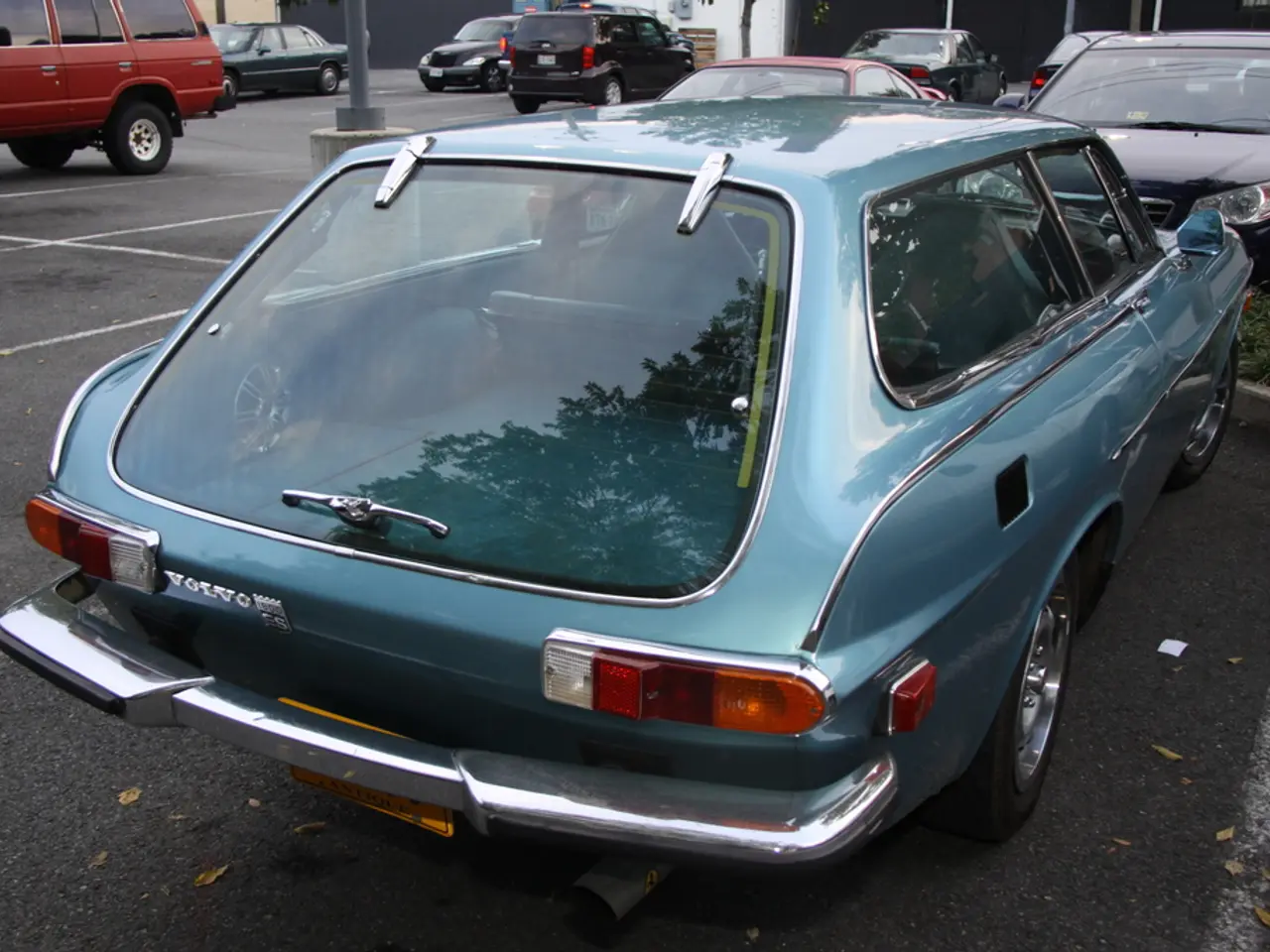New York City Council Advances Bill: Allocating Designated Overnight Parking Spots for Truck Drivers within the City
In a move aimed at addressing a long-standing issue in the city, the New York City Council has passed Intro 0099, also known as Intro 99-B, on June 30, 2025. This bill, if signed into law by Mayor Eric Adams, would require the NYC Department of Transportation (DOT) to establish overnight parking areas specifically for commercial vehicles in the city’s industrial business zones (IBZs).
Sponsored by Queens City Council Member Nantasha Williams, the bill is designed to create a smarter system that respects the needs of neighborhoods while recognizing the essential role of truckers. The DOT would be responsible for creating parking areas that are active for at least 10 continuous hours overnight but inactive during the day (8 a.m. to 6 p.m.) to ensure they do not interfere with business operations.
The bill builds upon a pilot program launched earlier in 2025 that created 45 new metered overnight parking spaces in three industrial neighborhoods (Flatlands, Brooklyn; Hunts Point, Bronx; Maspeth, Queens). If signed into law, the DOT would be required to notify community boards and local Council Members about these parking areas and conduct outreach to commercial entities and truck drivers to inform them about the new parking options.
For truckers, the bill would address a significant problem of limited overnight parking for commercial vehicles in NYC. Truck parking is a nationwide issue, and NYC truckers currently have very few legal overnight options. Truck drivers would benefit from more designated, legal overnight parking spaces in industrial areas, reducing fines and tickets associated with illegal parking.
For residents, the bill aims to reduce quality-of-life concerns arising from trucks parking improperly in residential neighborhoods, such as blocking sidewalks, fire hydrants, bus stops, and bike lanes. It is designed to balance the needs of neighborhoods with the operational realities of truckers, potentially reducing neighborhood conflicts and improving street safety and access. Community boards and local Council Members will be notified and involved, which could help ensure community concerns are considered during implementation.
If Mayor Eric Adams signs the bill, it would become effective after 180 days and expire on July 1, 2030. The Trucking Association of New York has expressed support for the bill, stating it would help truckers and improve the delivery process within the city. The association believes providing safe parking spaces can improve efficiency, reduce costs for drivers, and preserve neighborhoods.
Advocacy groups have identified truck parking capacity as a nationwide issue, especially in populated urban areas like NYC. Council Majority Whip Selvena Brooks-Powers mentioned the shortage of overnight parking areas results in illegal parking, disruptions in daily life, and raises safety concerns. If signed into law, Intro 0099 promises a more structured and equitable solution to overnight truck parking in NYC’s industrial areas, which could ease tensions between commercial vehicle drivers and urban residents, while supporting the logistics needs critical to the city’s functioning.
As of now, Mayor Adams has not yet signed the bill into law. The passing of Intro 0099 marks a promising step forward for the city’s freight network, according to the Trucking Association of New York. The association hopes that the mayor will sign the bill into law, paving the way for a more efficient and safer city for all its residents and commercial vehicle drivers.
The passing of Intro 0099 could potentially facilitate improvements in the city's finance sector, as an efficient freight network could lead to reduced delivery costs and improved productivity for businesses relying on transportation.
The establishment of overnight parking areas for commercial vehicles in industrial zones, as proposed by Intro 0099, could positively impact the industry sector by addressing the nationwide issue of limited truck parking and reducing associated fines and tickets, ultimately improving the quality of services provided by truckers.




